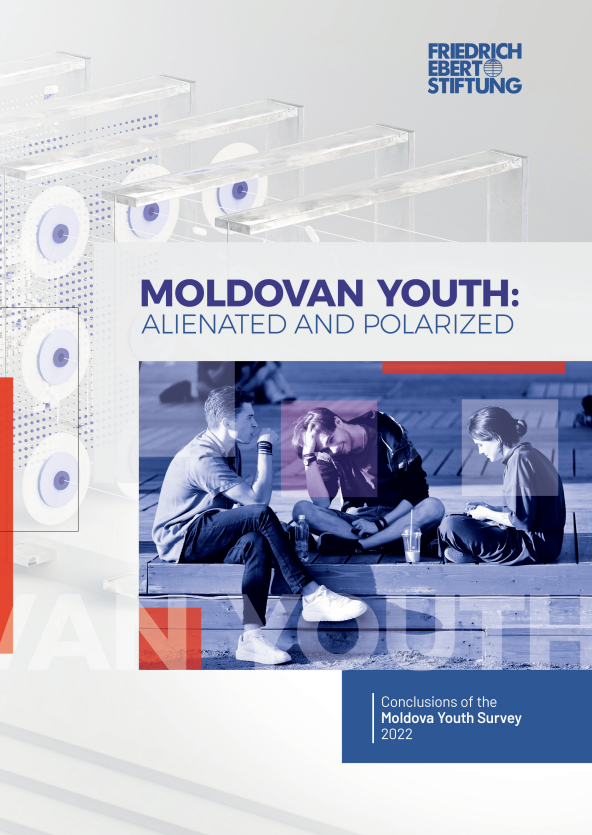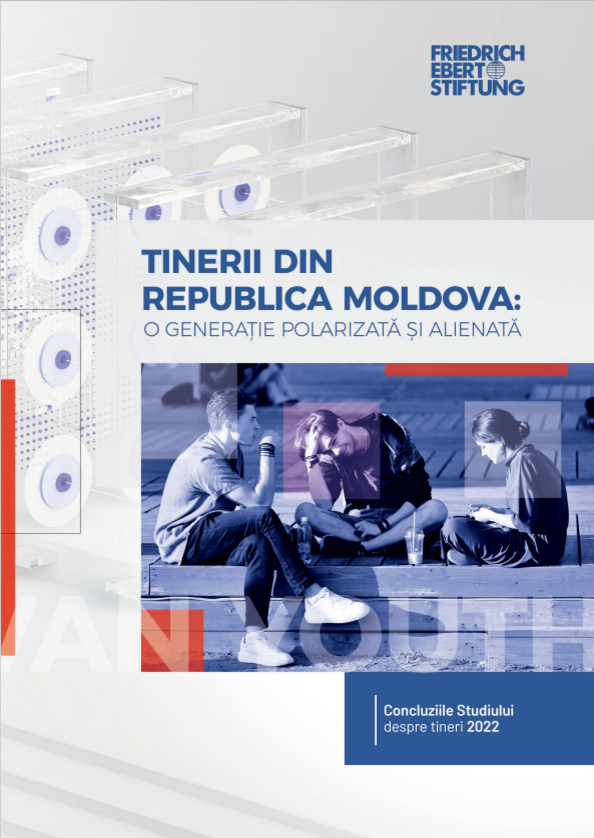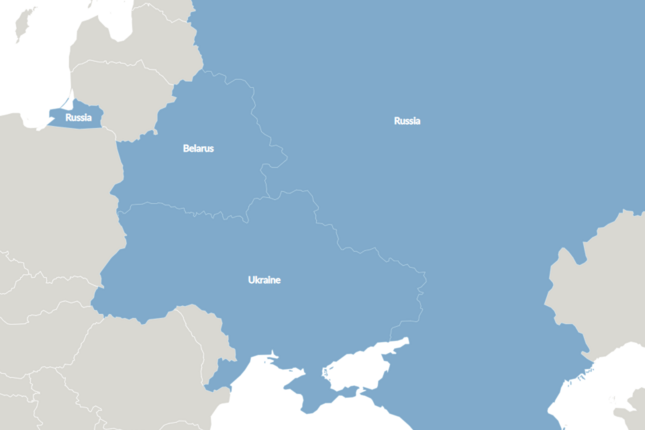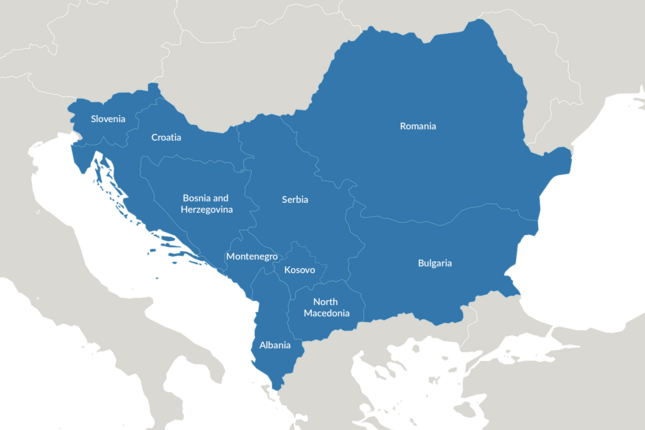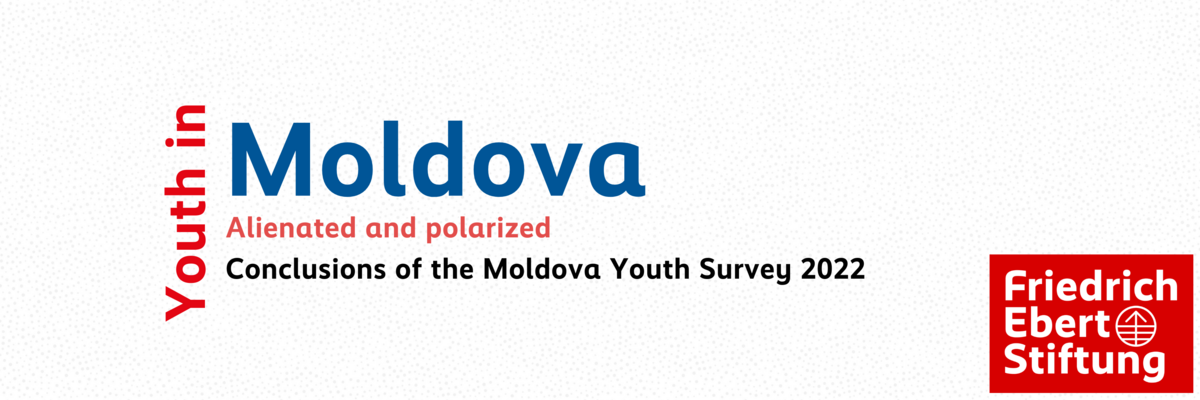
Moldova Youth Study 2022
The Friedrich Ebert Foundation's Moldova Youth Study 2022 examines the attitudes, values, and concerns of young Moldovans aged 15-29. Below we present key insights from the study organized around three main themes: dimensions of alienation, migration intentions, and geopolitical perspectives. These findings highlight significant patterns of disconnection and polarization among Moldova's youth, offering important insight for understanding the country's youth.
Dimensions of Alienation
The study identifies three dimensions of alienation among Moldovan youth. Economically, 30% belong to the NEET group (not in education, employment, or training), facing challenges from a dysfunctional labor market and a mismatch between educational qualifications and job requirements. Socially, young Moldovans have limited voluntary civic involvement, with such activities being "neglected and sporadic." Politically, youth interest is particularly low among younger age cohorts in rural areas, stemming either from politically disconnected parents or from feeling unrepresented, with 70% stating they are not well represented in national politics.
Migration and Future Outlook
Migration intentions are quite high, reflecting the combined impact of economic, social, and political estrangement. More than 50% of respondents would "certainly" and another 30% would "probably" go abroad for study or work, with long-term or permanent migration intentions prevailing. These high migration rates span both rural and urban areas and affect both men and women equally.
Geopolitical Perspectives
Opinions on Moldova's EU candidacy reveal mixed sentiments: 42% of surveyed youth are "proud and optimistic" about Moldova receiving EU candidate status, while 35% "do not expect any change," and approximately 11% believe Moldova will regret this move. On the war in Ukraine, half of Moldovan youth consider it "an unjustified war by Russia against Ukraine," while about one-fifth view it as "an undeclared war between Russia and NATO/the West," and 11% see it as a "justified Russian special military operation." Geopolitical preferences show distinct regional patterns, with the Gagauz region demonstrating stronger pro-Russian sentiment, followed closely by regions populated by Bulgarians. Information sources play a key role in shaping these preferences.
Download the full 2022 Moldova Youth Study Report below to access the complete analysis and findings from the survey.
